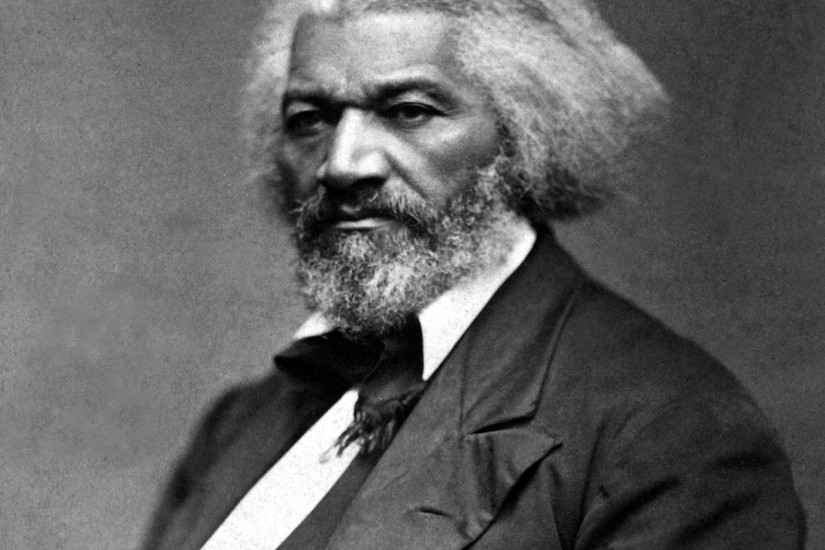More plausible and therefore more interesting is Sandefur’s emphasis on Douglass’s “allegiance to limited government and free enterprise.” I confess that when I think of the evils of slavery, Sandefur’s point that “it discouraged invention and entrepreneurialism” is not high on my list, but that does not make Sandefur wrong. Nor is it entirely inaccurate to claim that “Douglass viewed economic freedom as more than an incentive: it was the source and symbol of personal liberation.” Many of Douglass’s writings throughout his career argue that moral law, whether based in Christianity or Enlightenment philosophy, constitutes the foundations of freedom. But, OK: Douglass did support free enterprise. He saw no fundamental conflict between capitalism and civil rights. He believed that individual effort, including economic striving, leads to social progress. That Sandefur celebrates what some leftist critics lament about Douglass does not invalidate his point.
Douglass’s supposed “allegiance to limited government” is harder for Frederick Douglass: Self-Made Man to maintain. For one thing, Douglass supported the greatest expansion of federal power in the 19th century—the Union suppression of the Confederacy. Douglass also advocated the compulsory freeing of slaves, which defenders of slavery decried as government overreach and a violation of property rights. Sandefur wants chattel bondage to be the antithesis of capitalism and thus destined for extinction under a triumphalist history of free markets. But if Sandefur has faith that the “clash of ideas behind the [Civil War] made slavery’s death inevitable,” he never explains why, for many decades, free markets failed to free the slaves and why government intervention proved necessary to end slavery.
Yet Sandefur is not wrong that Douglass at times can sound like a libertarian. Sandefur takes the title of his book from Douglass’s “Self-Made Man,” a 1859 speech celebrating unconstrained individualism in a world where everyone can succeed. Sandefur does not mention that the speech attributes personal success not only to individual agency, but also to unevenly distributed advantages and privileges. Nor does he point out that in one version of the speech, Douglass refers to the self-made man as a “solecism”—that is, an incongruity or contradiction in terms. But, OK: Douglass did believe in the heroic self-reliance prevalent in his era and ours.
